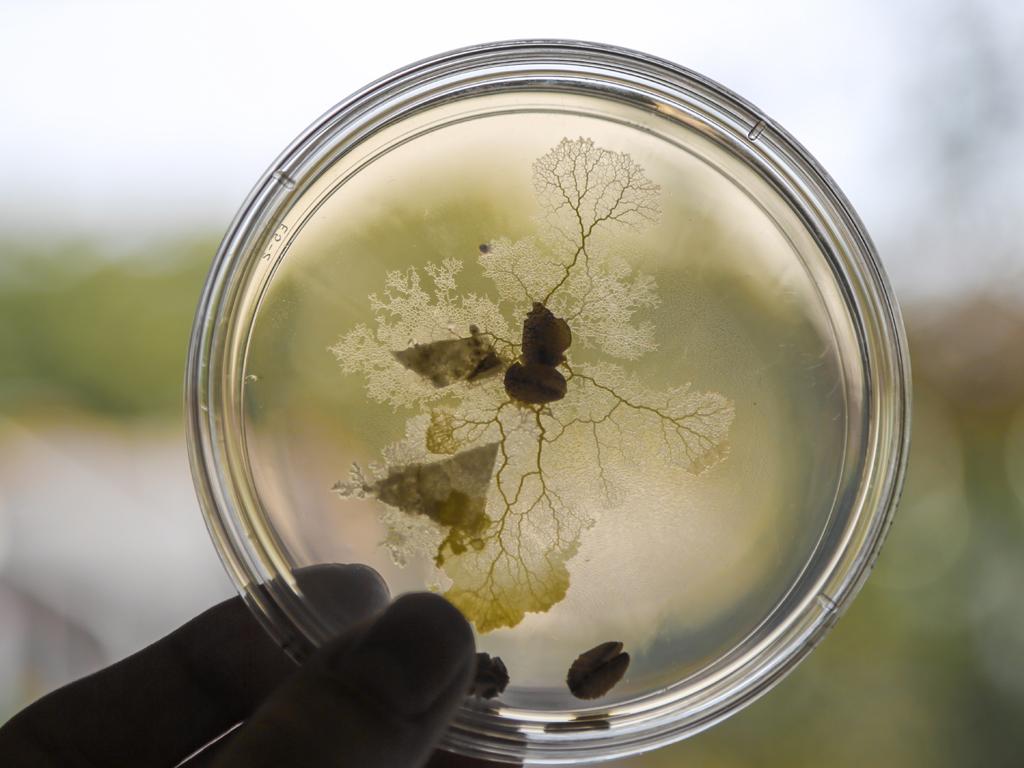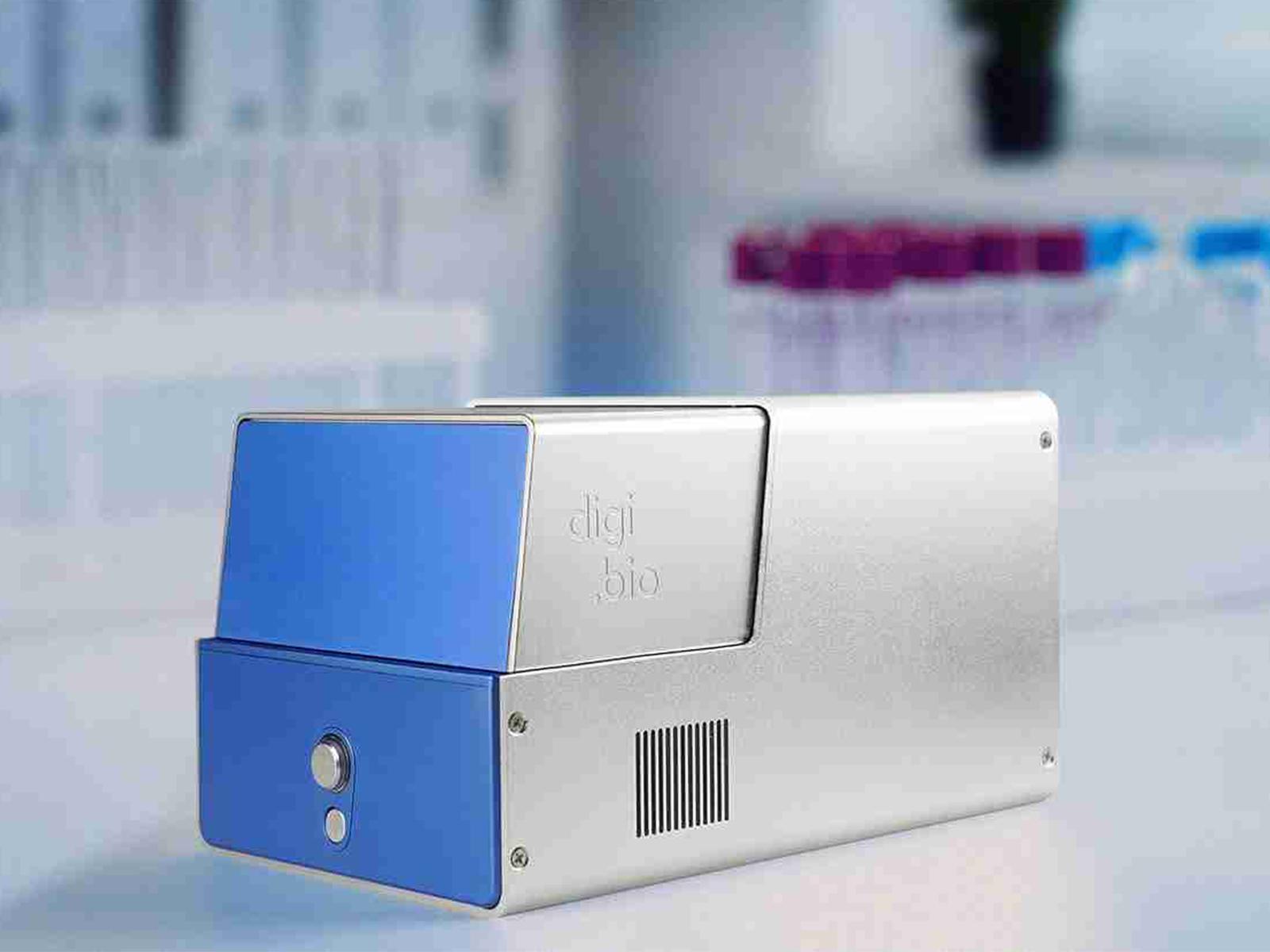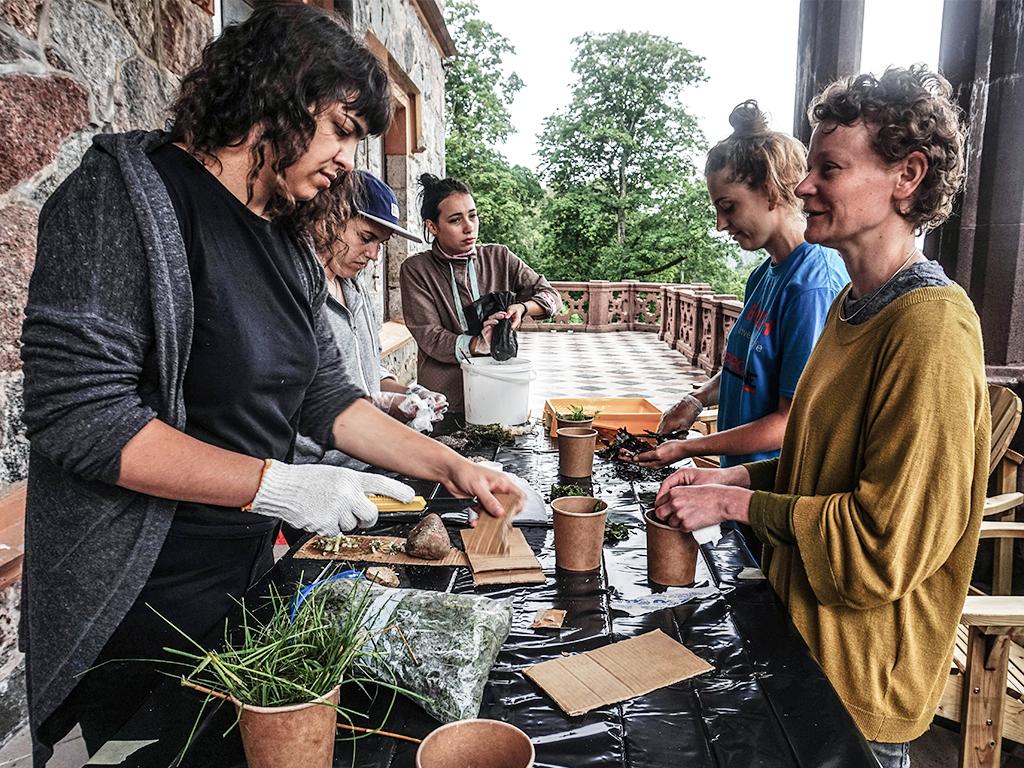In January 2014, we organise a two-day DIY Bio-Logic workshop during which designers, biohackers, artists, developers and architects make 2/3D structures of organic, super fertile material which will be colonized by living organisms.
This workshop merges the expertise, the skills and the knowledge-based activities originating in a digital environment (Computational Design & 3D Modeling), transfers these to the physical world (3D printing) and subjects them to the study of the behaviour of an organism (Biology). More specifically, the participants will be introduced to different practices, ranging from computational design and digital simulation to biology, sterile processes, bio-hacking and organic 3D printing.
Physarum polycephalum
During this 2-day workshop participants develop and potentially print their own generative pattern, which will be eventually colonized by an incredibly intelligent organism: the slime mold Physarum polycephalum. Together, they experiment with designs, a hacked 3D printer and organic material, which is a fertile breeding ground for this slime mold - to see how the mold grows and redefines the shape of their structure. Collectively we will develop an organically printed system and experiment with the circumstances under which slime mold colonies expand, exploring potential strategies for printing with living material.
Biological meets digital computing
Over the past few decades, biology has entered the collective debate more than any other science. Organisms can be manipulated, by combining different features, to perform specific functions. Designers cannot be careless about the contribution of this science, that enables a paradigm shift of the design tools, changing them from a system of representation of a product, to a direct materialization of the product through novel specific processes (e.g. 3D printing); this, by defining a new balance between the autonomy of the process itself and the will of the designer. The aim of this experimental workshop is to design artificial systems combining digital strategies and living material. We will introduce a brand new methodology for printing organic-based-materials.
Experiment yourself
On the last day of the workshop you can join the end event, where will show the designs and experiments derived from the 2-days workshop to the audience. We will discuss the technical, design and ethical issues and allow the audience to experience “hands-on” how to work with 3D printers and living materials.


